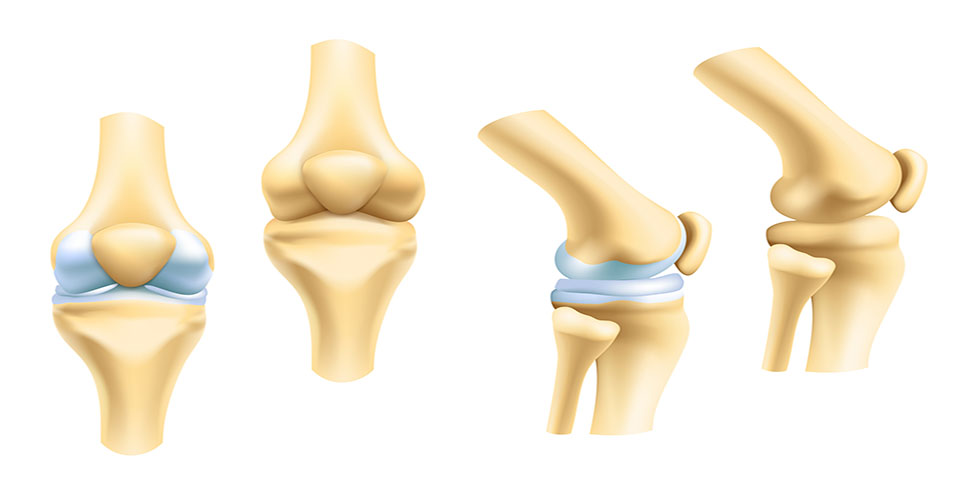teaser
A common treatment for osteoporosis has been found to diminish the strength and quality of bones in long-term trials carried out in the US.
Bisphosphonates, commonly prescribed to treat the disease which causes brittle bones, particularly in the elderly, offer a short-term improvement in bone quantity at the expense of long-term quality, scientists have found.
Scientists in New York found that the mineral and crystalline structure of bone were diminished over a long period of time by the drugs, leading to bone weakness and unusual fractures.
A team from Columbia University Medical Center (CUMC) looked at 111 post-menopausal women with osteoporosis, 61 of whom had been taking the drugs for at least four years. The structure of their bones was compared with that of 50 sufferers treated with calcium and vitamin D supplements but not bisphosphonates.
They found that those that had been treated with bisphosphonates showed short-term improvement but long-term problems in the quality of their bone structure.
Brian Gladnick, from the Hospital for Special Surgery (HSS), led a similar study which looked at the bone composition of 21 post-menopausal women treated for thigh fractures. Of these, 12 had a history of bisphosphonate treatment for an average of 8.5 years. Nine had not been given bisphosphonates.
Mr Gladnick said: “Although bisphosphonates have demonstrated an improvement in bone quantity, little if anything is known about the effects of these drugs on bone quality,”
Findings from both studies were presented at the American Academy of Orthopaedic Surgeons’ annual meeting in New Orleans.
Copyright Press Association 2010
Amercian Academy of Orthopaedic Surgeons

